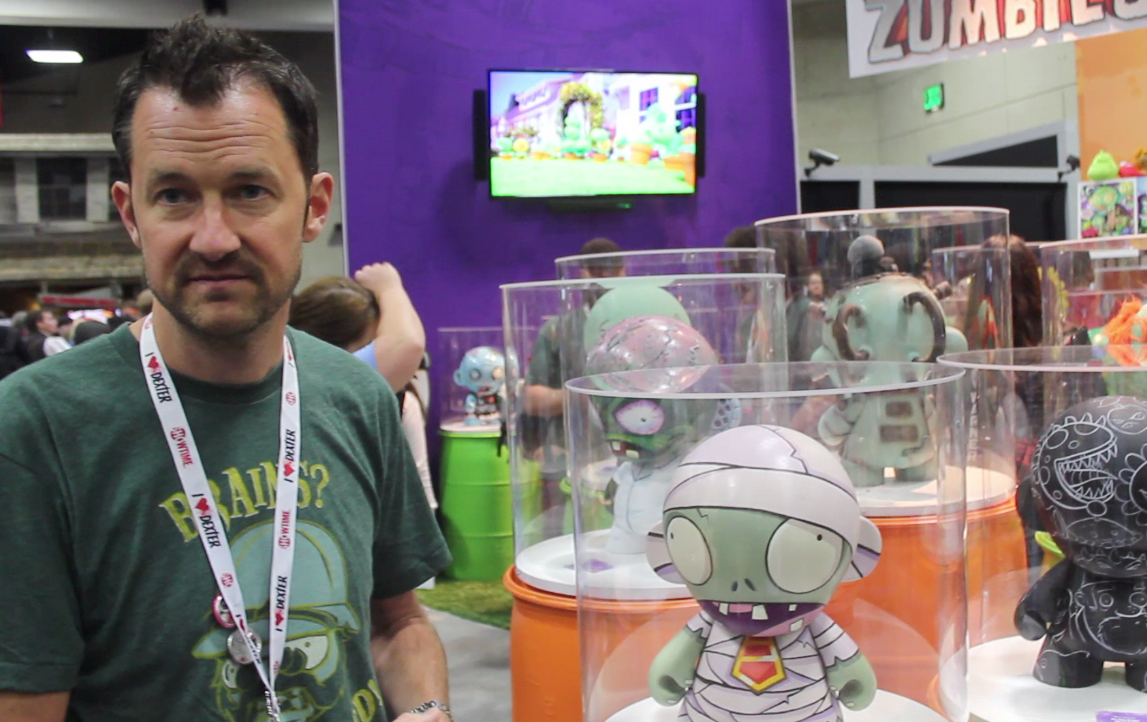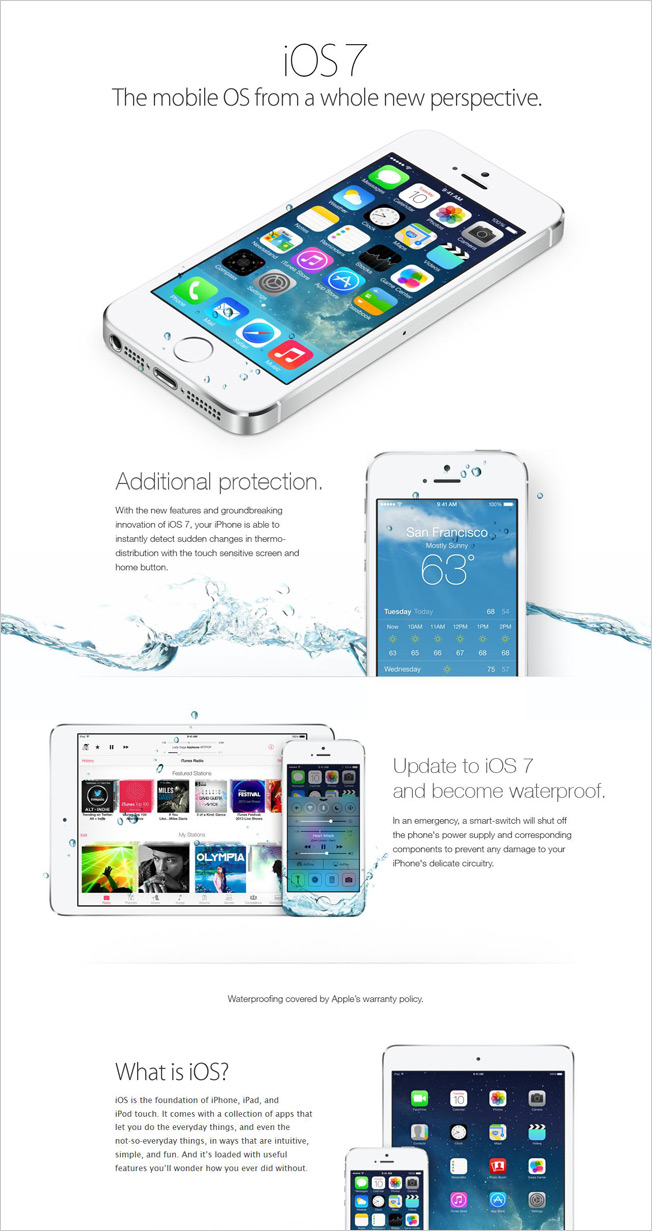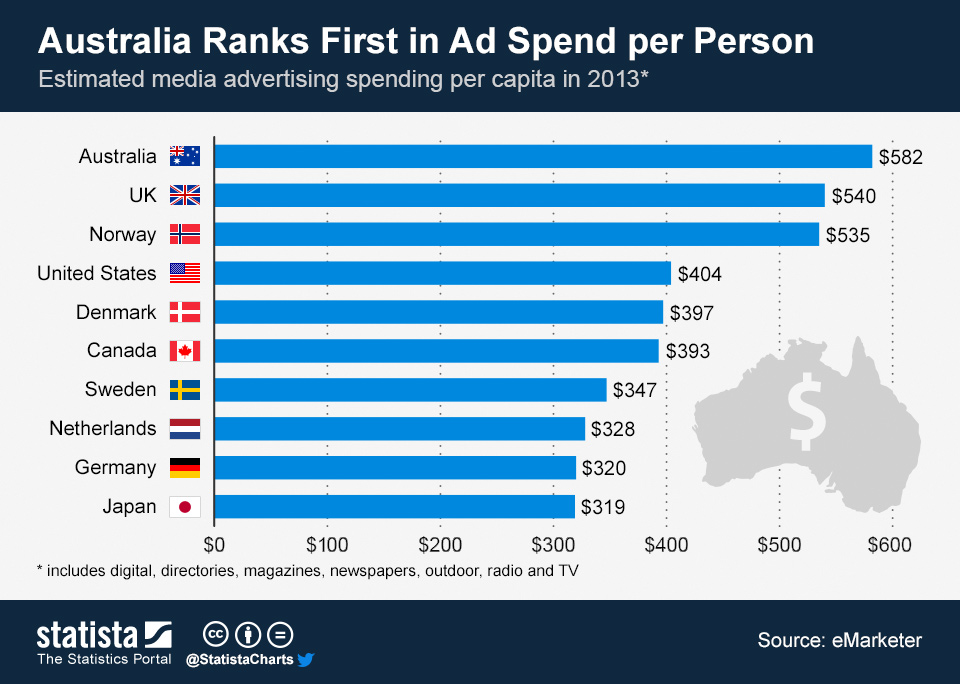If becoming EA’s biggest mobile game launch in history less than a week after release isn’t enough of a testament to the popularity of Plants vs. Zombies 2, a controversy stirred up in the press this week seals it. EA head of labels Frank Gibeau is alleged to have said in a closed door meeting that Apple gave EA “a truckload of money” to delay the game’s release on Android. That’s according to a report in Giant Bomb, and both EA and Apple have stepped forward to vehemently deny the claim.
The allegations are EA’s to deal with. For PopCap, it’s really just another sign that the game maker has struck franchise gold. In mid-August, Plants vs. Zombies 2 set the record for an EA mobile game launch with 16 million downloads after only five days in the iOS App Store. Earlier this month, PopCap updated the figure to 25 million downloads. The original game in the series is widely regarded as one of the first major hits for iPhone games. Yet by comparison, Plants vs. Zombies sold about 300,000 units in the first nine days after launching on iOS, generating about $1 million in sales with its $3.99 price point.
PopCap took their sweet time with the sequel by digital game development standards, and not surprisingly made a big change by forgoing the premium pricing model to bring it out as a free-to-play game. According to Tony Leamer, franchise business director at PopCap , children would come up to their booths at trade shows to give them guff about taking too long with it. Now, with PvZ 2 a critical and commercial success, a console game on the horizon, and a growing drive to expand the IP into merchandise and other forms of entertainment, it feels like PopCap is sitting on a billion dollar franchise.
We had a chance to talk with Leamer to reflect on the sequel’s success, which had to have surpassed expectations at PopCap and EA. It’s hard to believe anyone would have the gall to forecast a record breaking launch at a publisher with EA’s legacy. Leamer also gave us a glimpse about what’s ahead for the franchise.
“Building Plants vs. Zombies as an entertainment brand is a huge focus for us,” Leamer told us. “It starts with great games, we can never lose focus on creating amazing game experiences. Any game experience that has the Plants vs. Zombies name on it is going to be something we need to be proud of and excited about, so it starts with that. You’ve seen the first forays into developing this as a broader entertainment brand as we move towards merchandising, so you’re seeing the first iterations of that.”
 No, you can’t click on this. Â But you can find it on PopCap’s site
No, you can’t click on this. Â But you can find it on PopCap’s siteBut he added, “We’re not going to just slap the Plants vs. Zombies logo on every single kind product and just get it out there. We really want stuff that we think fits well with the brand, is going to resonate with fans and reflect the brand well. And then as we move to elevate the Plants vs. Zombies status as an entertainment brand, there are lots of opportunities out there in other media that transcends games where we’re having lots of discussions. Lots of fun stuff on the horizon, that’s very much a focus for us going forward.”
The decision to make the game free to play was apparently an easy one for PopCap. Outside of obvious changes in the mobile game market and challenges with premium pricing in app stores, the game maker saw it as an opportunity to grow the franchise even beyond its massive fan base. There aren’t exact figures readily available on lifetime sales of the first PvZ, but PopCap had labeled it as their biggest hit ever even before releasing the iPhone version, an impressive feat given a library of hits that include Peggle, Zuma and Bejeweled. PvZ ultimately released on nearly ten platforms, expanding beyond its PC and iOS debuts to Android, PlayStation Network, Xbox Live, and handheld consoles Nintendo DS and PlayStation Vita.
For the first game, PopCap and EA undertook a campaign to promote it unlike anything seen before for a digital game franchise. Rovio usually gets credited for being a pioneer in mobile game branding for making Angry Birds into a global entertainment brand, but PvZ set the bar first. ([a]list daily publisher Ayzenberg has an extensive case study on the first game’s branding campaign.) In one respect, PvZ’s campaign could be seen as a traditional game launch, given that it was based on driving a one-time purchase with a set price point during its release window. The approach with the free-to-play sequel is based on broader brand building strategy, going back to how PopCap and EA see long tail monetization for PvZ in growing the fan base and the franchise.
 Leamer and his moneymakers
Leamer and his moneymakersLeamer explained the thinking: “As far as taking [PvZ 2] free to play, that’s something that we’ve absolutely embraced. The reason we went in that direction is our ability to reach the biggest audience is in the free to play space. When you remove that purchase barrier, our ability to get the game in the hands of as many people as possible goes way up.”
On the game side of things, PopCap’s most interesting product in the pipeline for the property is Plants vs. Zombies: Garden Warfare, a first person shooter headed to PC, PlayStation 3, Xbox 360 and Xbox One in spring of next year. The game made a great impression at E3 this past summer, earning ten best of show awards according to PopCap. As for PvZ 2 expanding into other platforms, the recent controversy with Apple and Android aside, Leamer painted it as a calculated inevitability.
“If you look at the way PopCap develops games, we start with one platform and get it right,” Leamer said. “With this game we started with mobile, and specifically iOS. That’s only the beginning. As you saw with Plants vs. Zombies, the first game came out on PC first. It wasn’t even on mobile until almost a year later. The approach we’re taking with PvZ 2 is similar, where we want to get it right on the first platform, make sure we’re delivering a great experience. But could we see this experience extending to lots of other platforms going forward? Absolutely.”




